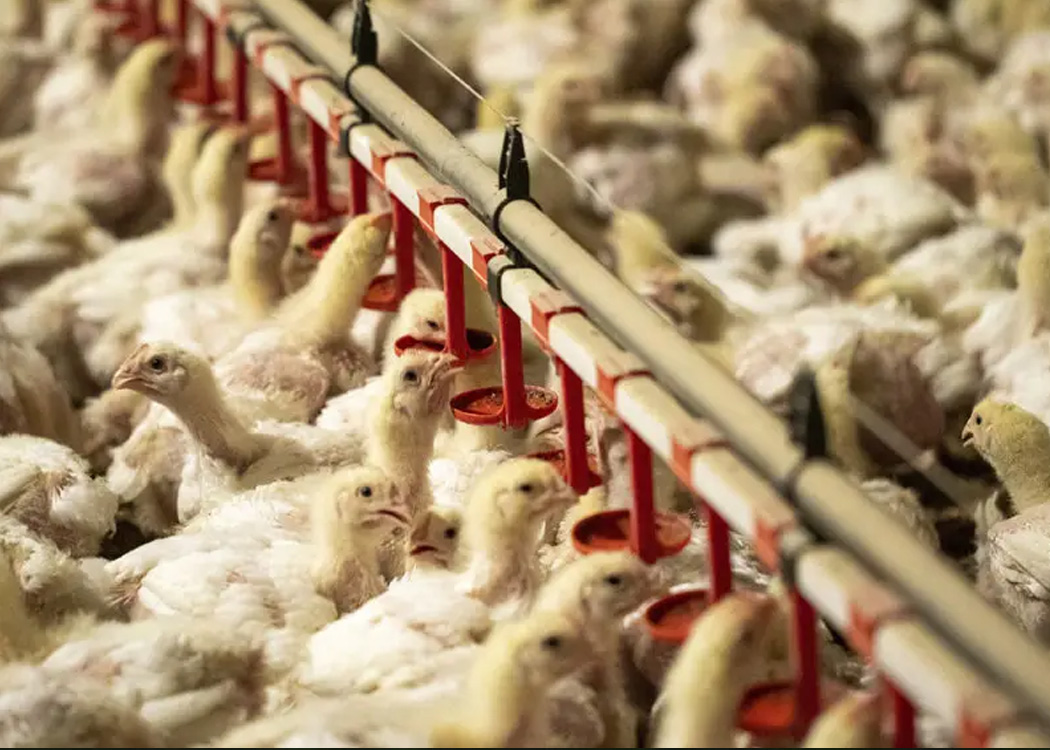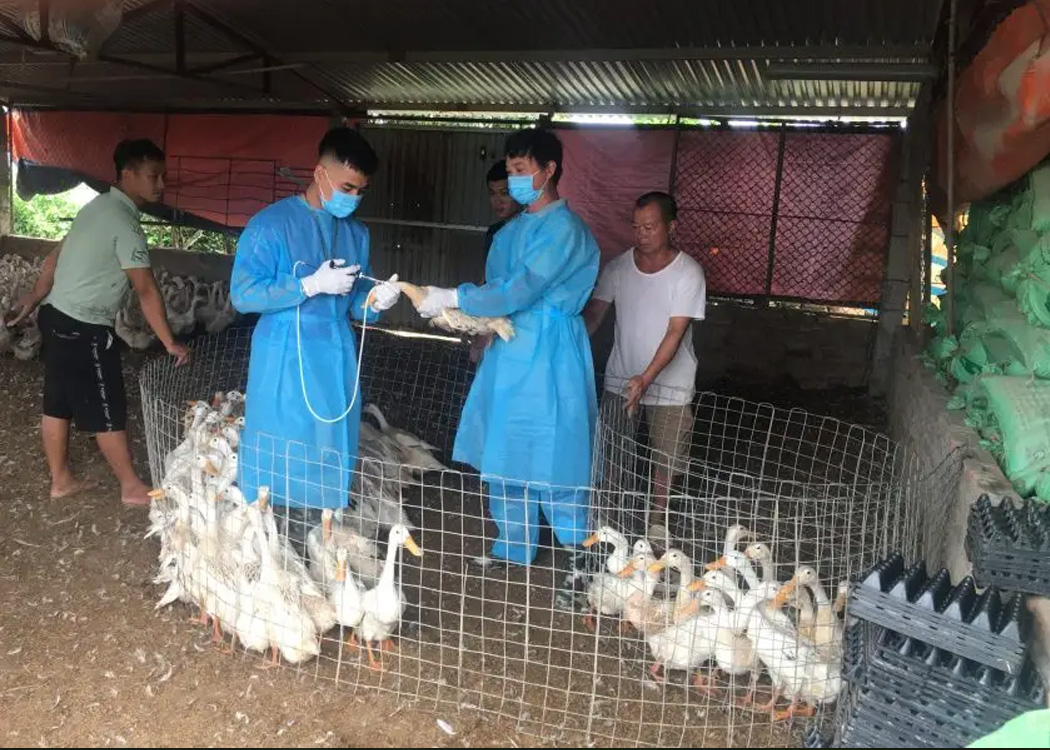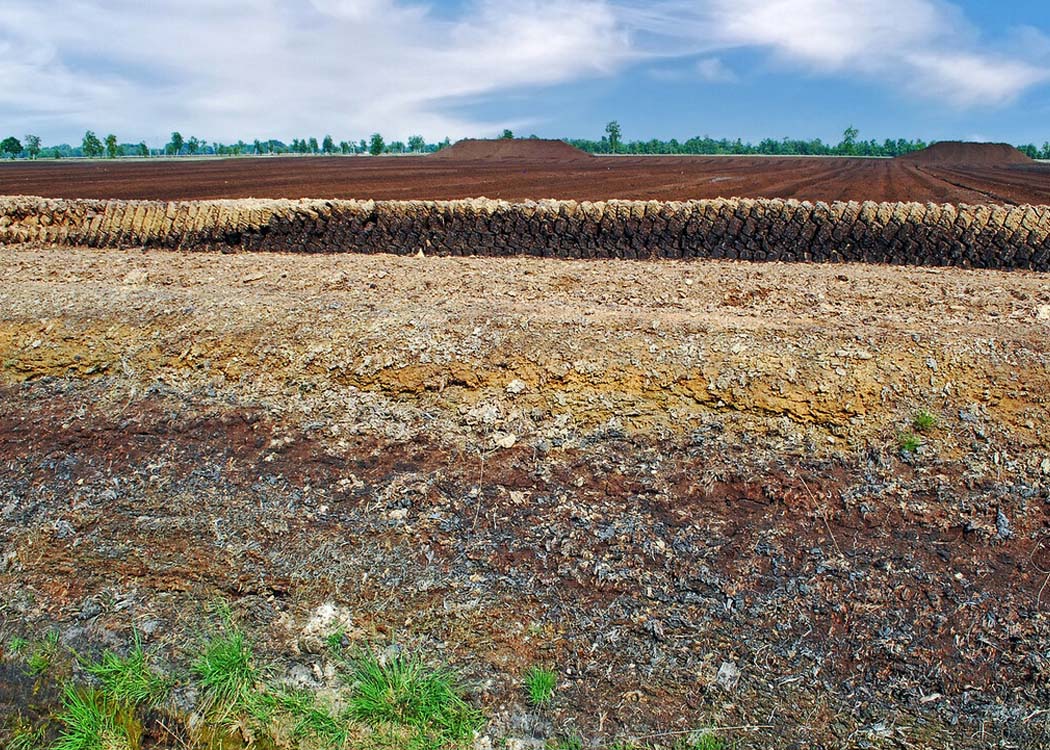DHAKA: A prolonged heatwave scorching Bangladesh has delivered a severe blow to the country’s poultry sector, with traditional farmers bearing the brunt. According to the Bangladesh Poultry Association (BPA), the month-long extreme heat has caused an estimated loss of USD 25 million, mainly due to mass poultry deaths and falling production.
The heatwave crisis—marked by soaring temperatures of up to 42°C in Chuadanga and 40.1°C in Dhaka—has spread across at least 14 districts, including Rajshahi, Pabna, Tangail, and Jashore. Experts from the Bangladesh Meteorological Department (BMD) warn that the high temperatures are likely to persist, amplifying the crisis for poultry producers.
“Every day, thousands of chickens, particularly broiler and Sonali breeds, are dying due to heat stress, compounded by load-shedding and lack of ventilation,” said BPA officials. Current data indicates a 10% mortality rate among broilers and 5% among layer hens, threatening a serious disruption in egg and meat supply.
The hardest hit are small-scale poultry farmers who form the backbone of Bangladesh’s poultry production, supplying over 80% of the country’s chicken and eggs. These traditional farmers lack access to climate-resilient infrastructure, such as cooling systems, and are unable to cope with the rising temperatures.
Experts warn that without government intervention, many of these farmers may be forced to abandon poultry farming altogether, leading to rural unemployment and urban migration. “This is no longer a seasonal challenge—climate change is transforming heatwaves into a recurring threat to food security,” said columnist Syed Fattahul Alim in The Financial Express.
Industry insiders are calling for emergency government support, including financial aid, modern veterinary services, and climate-adaptive farming strategies. They stress the need to blend traditional poultry practices with modern technology to develop sustainable, heat-resilient farming systems.
Unless swift action is taken, Bangladesh’s poultry industry—vital to both nutrition and rural livelihoods—may face long-term setbacks. Experts also emphasize the need for policy reforms and heatwave preparedness plans to shield marginal farmers from future climate shocks.






